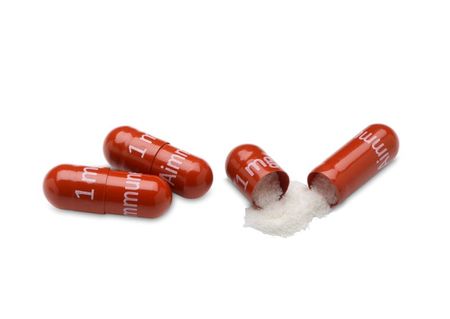Upper-extremity deep vein thrombosis (UEDVT) accounts for about 5-10% of all cases of deep vein thrombosis (DVT). It is often associated with cancer and/or presence of a central venous catheter (CVC), but it may also occur in the absence of these favoring conditions. The safety and efficacy of using direct oral anticoagulants (DOACs) in subjects with UEDVT has not been systematically evaluated and the only data available in the literature derive from anecdotal evidence, analysis of registries, and small single-centre studies. In addition, a specific analysis of UEDVT not associated with cancer and/or CVC has never been made. In this study, we specifically focused on patients with no cancer and without a CVC who were diagnosed with a first episode of UEDVT and were treated with a DOAC. We studied 61 patients, treated in six Italian centres between January 2014 and December 2018. Treatment lasted at least 3 months in all patients. In terms of efficacy, no recurrence of thrombosis or pulmonary embolism were recorded, while Doppler ultrasonography, performed after at least three months of treatment, documented in all cases either partial or complete recanalization of obstructed veins. In terms of safety, no cases of major bleedings were recorded. This is the only series available in the literature of patients treated with DOACs for UEDVT not associated with cancer and/or CVC. This small multicenter real world experience supports the concept that DOACs might be safe and effective for treating UEDTV. Further studies are required to better understand the role of DOACs in these patients.
Upper extremity deep vein thrombosis treated with direct oral anticoagulants: a multi-center real world experience.


